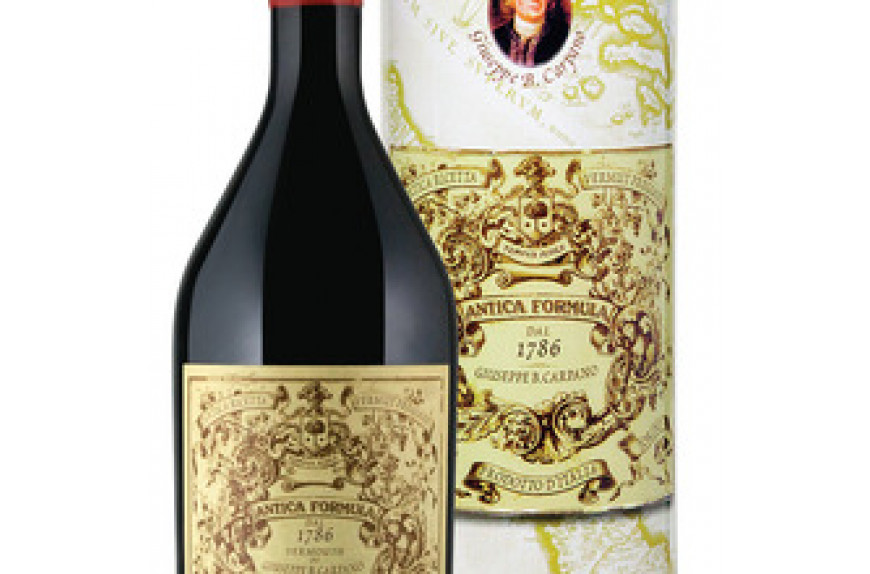All'alba dei cocktail: il Vermut

All'alba dei cocktail: il Vermut
Tags
Categorie
Il Vermut (la parola significa assenzio in Tedesco), Vermutte oppure, alla francese, Vermouth, viene inventato in Italia nel 1786, e precisamente a Torino da Antonio Benedetto Carpano. Il Vermut Carpano è ancora oggi in produzione.Il prodotto ottenuto fece subito un gran successo in tutta Europa, tanto che in Francia spuntarono diversi epigoni.Non si hanno notizie su precedenti tentativi di coniugare vino e "botanica", ma quello di Carpano è il primo tentativo storicamente accertato. Sicuramente il "mix" tra vini ed erbe così da renderli più bevibili per compensare la cattiva qualità della produzione è un fenomeno che doveva essere diffuso dai tempi antichi. Con Carpano invece il procedimento assumeva finalità ben diverse: quella di ottenere una bevanda gradevole e facile da bere e miscelare.Un Vermut, tanti VermutPaese che vai, Vermut che trovi: ogni produttore più o meno artigianale ha un suo stile, che viene variato sempre nel rispetto del disciplinare, che regola la produzione rispetto alla percentuale di vino, al suo tasso alcolico e alla percentuale di zucchero. Esistono tanti altri “vini aromatizzati” che si trovano in altri paesi come il Portogallo, la Spagna e la Germania, ma l’unico vero e inconfondibile gusto del vermut è italiano!Le ricette del VermutMa che cosa "fa" il Vermut? Si parte con un vino nazionale (e naturalmente, più il vino è buono, più il prodotto finale sarà di pregio...) a cui si aggiunge in infusione un preparato di erbe aromatiche. Tra esse ovviamente l’assenzio, ma anche genziana, maggiorana, zenzero, vaniglia, melissa, timo, salvia, luppoli, sambuca, camomilla, finocchio, zafferano, melograno, chiodi di garofano e altre ancora.Successivamente si procede con l’alcolizzazione, ossia l’aggiunta appunto di alcol oppure di acquavite di vino per arrivare al grado di alcol sancito dalla normativa!Il vermut deve avere almeno 16 gradi alcolici e il 14% di zuccheri, mentre il tipo secco o dry deve avere 18 di grado alcolico e solo il 4% di zucchero.Il vino utilizzato è notoriamente il trebbiano di romagna, ma non è l’unico vitigno ad essere impiegato per questo blend; la parte botanica è un segreto per ogni azienda produttrice che viene gelosamente custodito e tramandato.I luminari della mixology usano un Vermut o un altro per elaborare nuovi cocktail e per sorprendere sempre di più: ed è battaglia a colpi di Vermut tra i bartender!
